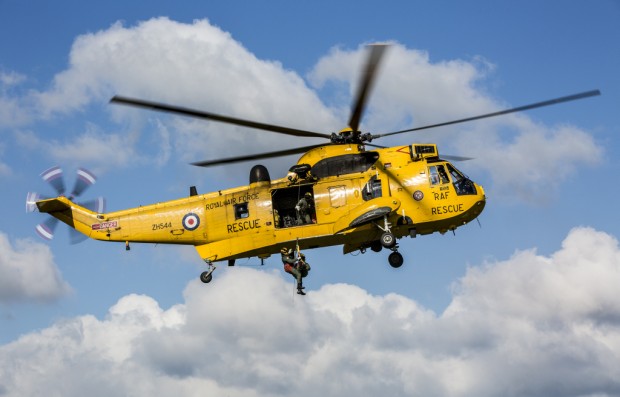Among today’s headlines European leaders will meet in Brussels for a summit at which the ongoing refugee crisis is expected to dominate, there are reports that Pauline Cafferkey is now critically ill due to a relapse following her contraction of the Ebola virus, and The Financial Times splashes on an investigatory report which looks into the impact of coalition strikes against ISIL.
Royal Navy manning
In today’s paper, The Daily Star suggests that around 4,000 extra Navy personnel are needed to man two aircraft carriers and the nuclear submarine fleet.
The article did not carry our statement but our position is as follows:
As the Defence Secretary announced last week, the Navy has already identified areas in which it can restructure its manpower to meet future requirements. Through natural outflow the Navy will reduce the number of officer posts by 300, and reinvest in the recruitment of 600 lower ranks. In addition, the ongoing Strategic Defence and Security Review is looking at future security risks and how we need to tackle them, including Armed Forces manpower.
Lariam
The Times reports that the Defence Select Committee will hear evidence on the use by the military of the anti-milarial drug 'Lariam', also known as mefloquine, that has been linked to mental health problems.
In a letter sent to the Defence Select Committee in September 2015, the Defence Secretary confirmed that only a small proportion of the MOD’s stock of anti-malarials is comprised of mefloquine.
Last month, medical experts published new health advice that backs the continued use of ‘Lariam’ by travellers from the UK.
Based on such expert advice, the MOD continues to prescribe mefloquine as part of the range of recommended malaria prevention treatments, which help protect personnel from this life-threatening disease.
Mefloquine is not the first drug of choice for our personnel but it is used by civilians and military personnel throughout the world and there are no countries where the drug has had its license withdrawn on safety grounds.
Until such time mefloquine will continue to be prescribed to Service personnel where appropriate, after an individual risk assessment.
Read more about the use of anti-malarial medication in the military.
RAF UK search and rescue
BBC News reported on the RAF’s iconic yellow Sea King helicopter as it carried out its final rescue, highlighting that over 26,000 lives have been saved over the aircrafts’ time in service. The reporter referred to the Sea Kings as a “friend in the sky with an eye on the dangers below” and suggests a “cord between the RAF and the public has now been severed”.
Since their introduction more than 30 years ago, the RAF’s Sea Kings and their crews have saved tens of thousands of lives and continued to stand by on duty 24-hours-a-day until 4 October, when the final operational flight landed at Royal Marines Base Chivenor in Devon.
The handover marked the end of more than 74 years of continuous SAR air operations by the RAF in the UK, during which SAR personnel have been awarded six George Medals, more than 50 Air Force Crosses and Medals, and more than 90 Queen’s Commendations for Bravery or Valuable Service in the Air.
Officer Commanding 22 Squadron Wing Commander ‘Sparky’ Dunlop said:
As we commemorate the end of the RAF SAR Force, we reflect on the end of a long tradition of RAF personnel who launched aircraft that safely flew and efficiently searched for, then rescued, those in distress around the clock, 365-days-a-year.
RAF Search and Rescue Force Commander for the UK Group Captain Steve Bentley said:
It is with enormous pride that we remember the RAF’s life-saving achievements since rescue operations began in 1941. Thousands of lives have been saved and individuals reunited with their loved ones through rescue missions often flown in the most difficult and extreme conditions.
Image of the day

While RAF SAR missions in the UK have come to an end, a small number of Sea King crews will continue to train at Chivenor to prepare them to provide cover for aircrew stationed in the Falkland Islands.
Follow us on Twitter and don’t forget to sign up for email alerts.
